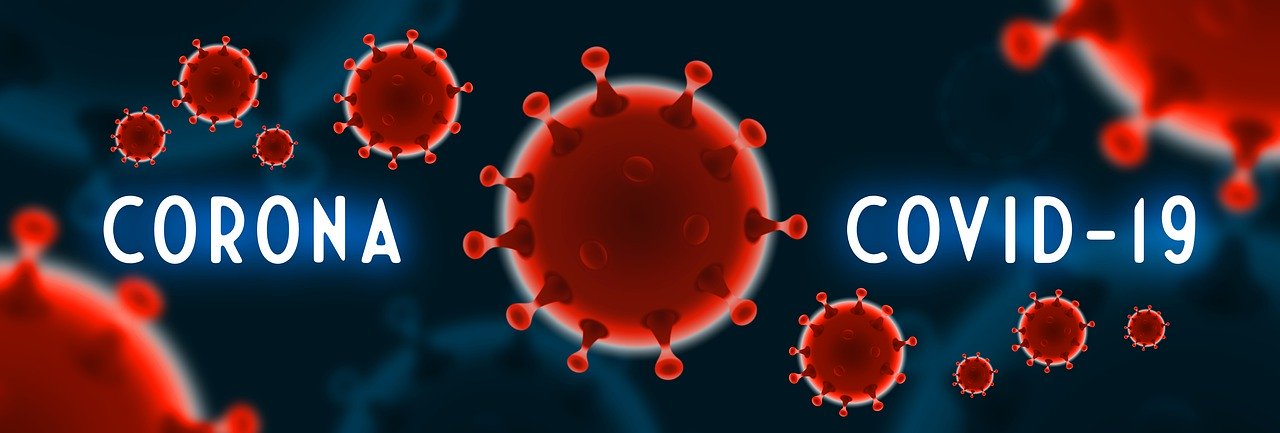
Pharm.D doctors and interns may join in the fight against COVID-19 (corona virus) in Karnataka reported by Karnataka State PharmD Doctors Association (KSPDA) to PharmaTutor
Get the latest news from world and India’s leading pharmaceutical companies Pharma Industry, pharmaceutical marketing, generic drugs, and Complete news for Pharmacy and Life Sciences professionals.
Daiichi Sankyo Company, Limited and Kitasato Pharmaceutical Industry Co., Ltd. (hereinafter, “ Kitasato Pharmaceutical Industry”) announced the termination of their cooperative sales agreement for Influenza HA Vaccine “Daiichi Sankyo” 1 mL and Influenza HA Vaccine Syringe “Daiichi Sankyo” 0.25 mL and 0.5 mL on March 31, 2020 in Japan.
AstraZeneca will collaborate with Silence Therapeutics to discover, develop and commercialise small interfering RNA (siRNA) therapeutics for the treatment of Cardiovascular, Renal, Metabolic and Respiratory diseases.

The COVID-19 pandemic is throwing up unique challenges for health systems. It presents particular challenges for patients who receive regular haemodialysis. These patients with damaged kidneys, also known as uremic patients, are particularly vulnerable to infection and may exhibit greater variations in clinical symptoms and infectivity.

China restarts the export of active pharmaceutical ingredients (APIs) and other raw materials from China to Indian Pharmaceutical industries reported by the BusinessLine. The import was halt by COVID-19 outbreak in China.

The cabinet has approved four schemes which totally include Rs 13,760 crore to promote the domestic production of active pharmaceutical ingredients (APIs) and medical devices in the country and their exports.
Genentech, a member of the Roche Group announced the U.S. Food & Drug Administration (FDA) has approved a randomized, double-blind, placebo-controlled Phase III clinical trial in collaboration with the Biomedical Advanced Research and Development Authority (BARDA) to evaluate the safety and efficacy of intravenous Actemra® (tocilizumab) plus standard of care in hospitalized adult patients with severe COVID-19 pneumonia.